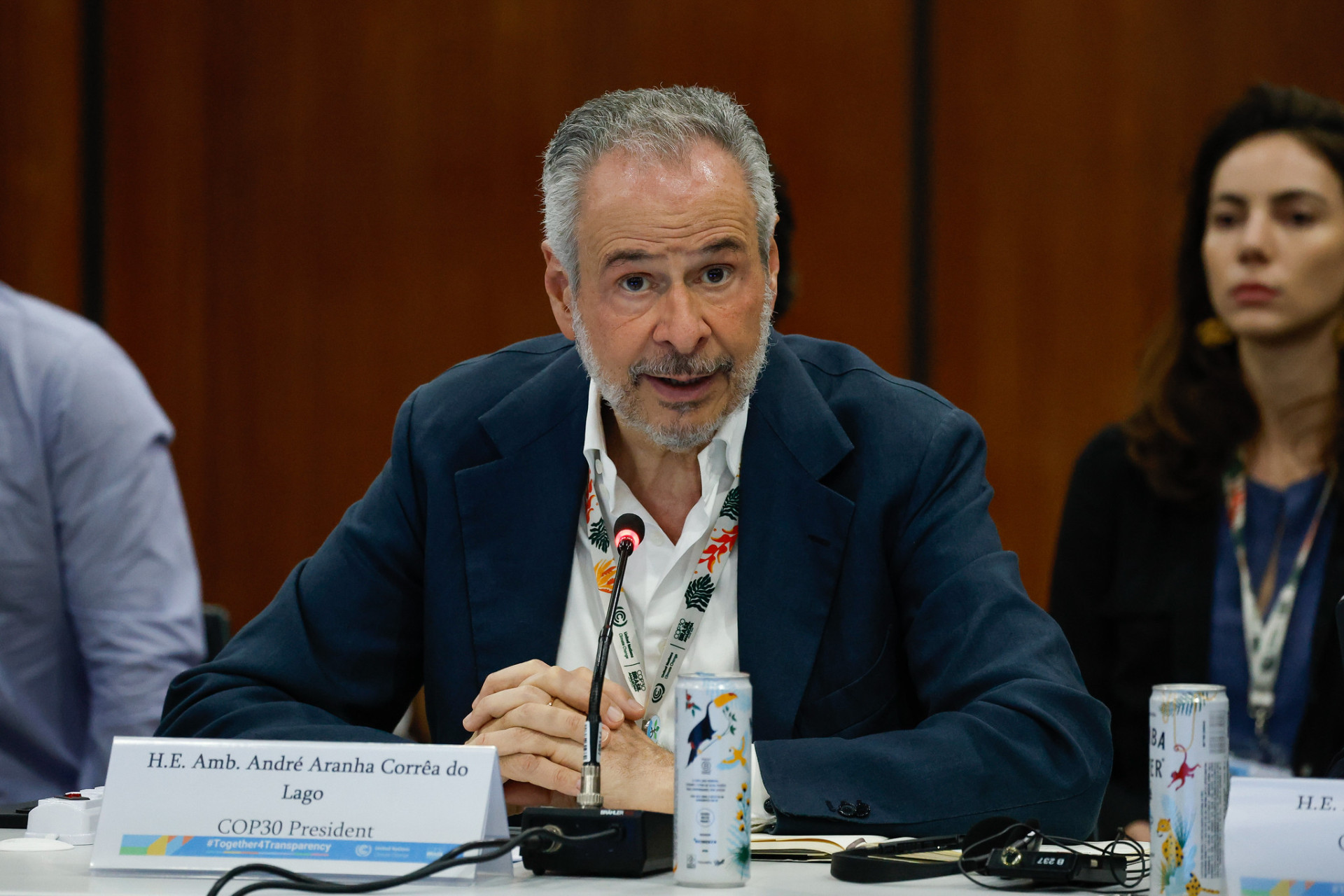UN Climate Change News, 19 November 2025 - Marking a significant milestone for climate cooperation, the COP29 and COP30 Presidencies convened a high-level Ministerial Dialogue on Transparency during the first week of COP30, celebrating the successful completion of the first cycle of the Enhanced Transparency Framework (ETF) under the Paris Agreement.
The dialogue brought together ministers from China, Norway, the United Kingdom, Angola, Tuvalu and the United Arab Emirates, alongside numerous Heads of Delegation, senior United Nations officials, and observers. Participants reflected on progress, shared lessons learned, and reaffirmed the indispensable role of transparency in driving global climate ambition.

Ministers underscored that predictable, timely and sustained support - particularly for developing countries - remains essential to ensuring universal participation in future ETF cycles. They also emphasized that transparency is central to building the trust that underpins effective climate cooperation.
"Transparency turns data into smart decisions, information into effective policies and commitments into concrete action," said UN Climate Change Executive Secretary Simon Stiell. "It is how we accelerate implementation, by grounding ambition in facts, identifying gaps and building confidence that climate action pays off."
Throughout the session, transparency was highlighted as the cornerstone of the Paris Agreement: empowering countries to strengthen national evidence bases, refine climate policies, improve access to finance, and reinforce trust among Parties.
With 119 Parties having submitted their first Biennial Transparency Reports (BTRs) - including 44 having already undergone a Technical Expert Review (TER) - 2025 marks a turning point: the Paris Agreement's transparency architecture is now fully operational and delivering results.
Closing the dialogue, the COP29 and COP30 Presidents stressed that the first ETF cycle represents not only technical progress but a collective political achievement.
"It's not just about data; it is about truth, ambition and solidarity. Under the 'Southern Cross' vision of Brazil, COP30 will continue to champion transparency as the heartbeat of global climate governance," said COP30 President André Corrêa do Lago.

"Now we need to turn transparency into habit. We need to embed international system data collection and design making processes. The goal is to make reporting a permanent instrument of evidence-based policy, rather than an occasional obligation," said COP29 President Mukhtar Babayev, Minister of Ecology and Natural Resources of Azerbaijan.
Ministers from several regions echoed this message, noting that transparency strengthens cooperation by reinforcing credibility, accountability, and shared understanding of collective progress.

China's Vice Minister of Ecology and Environment, Li Gao, highlighted both global and national benefits: "Transparency is the essential backbone of the Paris Agreement. It's the bearer of trust that allows nearly 200 parties to engage in a global track with integrity. It ensures accountability for promises made, provides the necessary data to assess whether we are collectively on check and reinforces confidence in our shared efforts."
Norway's Minister for Climate and Environment, Andreas Bjelland Eriksen, underscored the value of measurement for effective action: "You can't change what you can't measure, and that's why robust Measurement, Reporting, and Verification systems and transparency frameworks are important, not only to track our collective progress, but to directly feed into and inform national climate policies. Transparency opens the door for international cooperation and, perhaps most importantly, learning from each other."

As COP30 continues in Belém, the COP30 Presidency reaffirmed its intention to elevate transparency as a central pillar of climate action and to convene annual transparency ministerial dialogues.
Photographs of the high-level dialogue can be found here.






